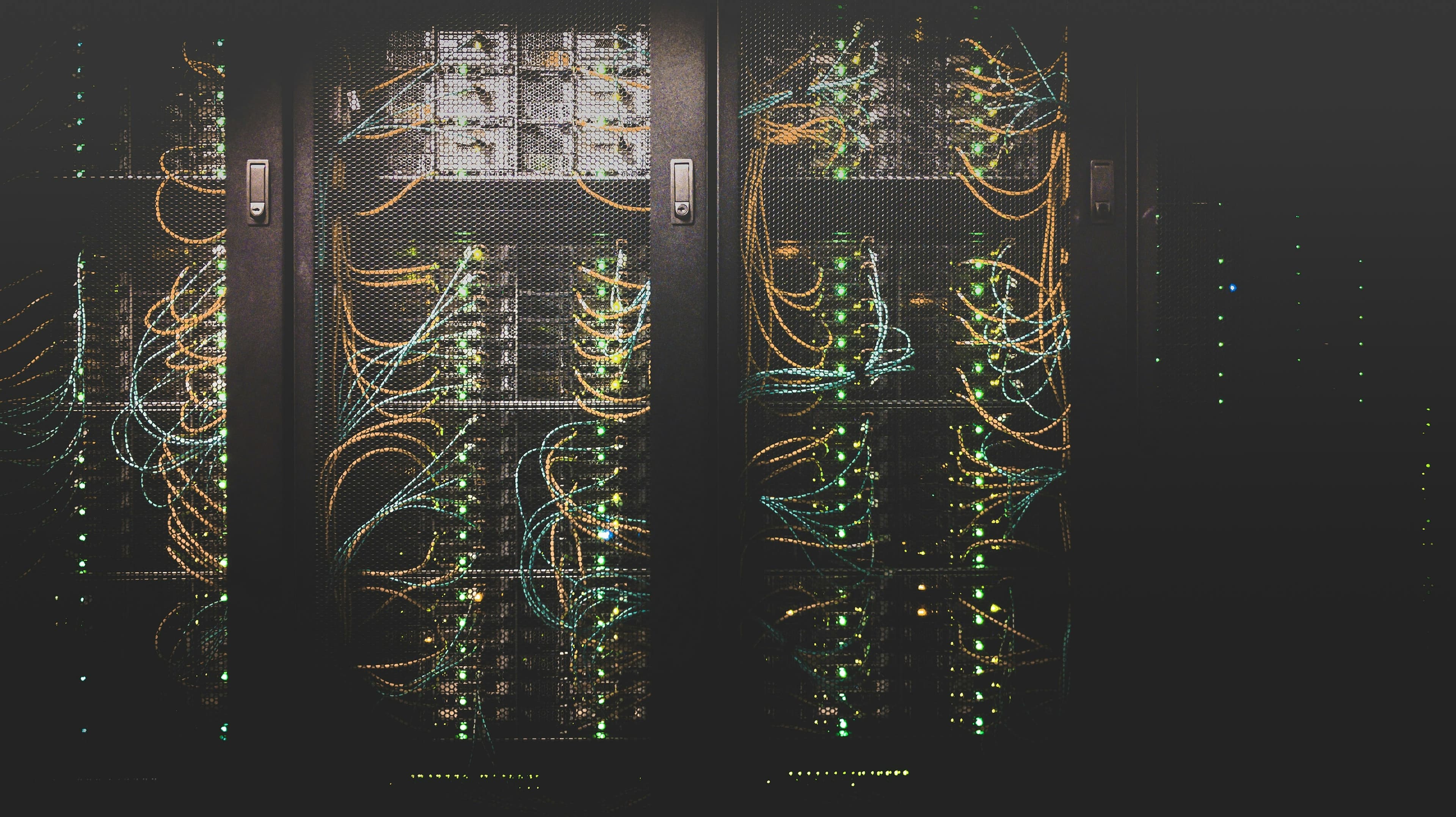
UK’s £31bn AI pact with Microsoft, Google and Nvidia fuels job growth and sparks new data centers in Hertfordshire.
Ever wonder what turns a country into a tech hub? Britain is making waves. A big £31bn “Tech Prosperity Deal” with the U.S. has tech giants like Microsoft, Google, and Nvidia pouring money into the UK. It’s no small bite.
During President Trump’s visit, Britain and big tech linked arms. Microsoft dumped $30bn – that’s £22bn – the most they’ve spent outside the U.S. Nvidia and Google followed with big bets: Nvidia in chips, Google’s Alphabet putting in £5bn. Think of it as a who’s‑who of tech icons setting up shop.
That extra cash boosts the UK’s AI ecosystem. Nvidia’s Jensen Huang called the UK an “AI superpower.” He says Britain has the brains and research but needs more infrastructure. Microsoft’s Satya Nadella thinks the new capital will push growth faster—maybe in five years instead of ten. Cool, right?
Simple reason: talent. Nvidia’s boss wants a global footprint, even in places like China. He sees AI progress as a shared journey. Google’s Ruth Porat says Britain offers a mix of science, talent, and decent policy. The government’s AI Opportunities Action Plan works, though work is still needed. Just opened a large data center in Hertfordshire – jobs, innovation, and a brand‑new magnet for tech.
Remember the “Google it” era? Things are shifting fast. Large language models like ChatGPT change the game.
Lawyer Anja‑Sara Lahady now asks AI for daily things: decorating tips, meal ideas. It’s like a second assistant. Data shows nearly 6% of desktop searches go to LLMs, more than double last year. Bayes Business School professor Feng Li says AI reduces the “cognitive load.” Instead of combing through ten links, you get a short summary.
Google tries to keep pace with AI Mode and AI Overviews. Even Apple notes that Safari Google searches fell for the first time in twenty years. This trend could reshape Google’s hold on search and how the UK deals with new data.
Tech deals bring up key questions: who owns data? U.S. Treasury Secretary Scott Bessent talked about a “framework” deal for TikTok’s U.S. operations—showing how careful the balance has to be between market entry and data safety.
The U.S. Justice Department worries about TikTok’s access to U.S. data and flags it as a national‑security risk. The UK’s stance could become a benchmark. It’s like walking a tightrope—fair competition and data protection must stay in check.
AI is powerful but double‑edged. Concentrated power can be risky. British leaders and entrepreneurs must keep an eye on global AI governance, talent flows, and data rules.
On the upside, AI creates fresh industries and jobs. Ruth Porat notes AI helps rather than replaces roles like nursing. But there are downsides—energy use for data centers, job shifts. The focus should be on boosting the economy, not just making things leaner.
The “Tech Prosperity Deal,” paired with hefty AI investments and changing search dynamics, places Britain at the heart of the tech wave. It’s a chance to shine, but careful planning and smart choices match the excitement.
Think of Britain as a magnet for tech talent and funding—job growth, new tech, lots of possibilities. What do you see as the biggest chance or risk for the UK in this new era? Drop a comment below!
Q1: What is the “Tech Prosperity Deal” and what does it mean for the UK?
A1: The “Tech Prosperity Deal” is a £31bn agreement between the UK and major U.S. tech firms—Microsoft, Google and Nvidia. It brings big investment in UK AI infrastructure, research and talent, aiming to make Britain a global AI leader.
Q2: How is AI, like ChatGPT, changing traditional search engines?
A2: AI tools offer conversational answers and summaries instead of just links, making quick answers and task help common. This shift could reshape how we find info online and affect Google’s longstanding dominance.
Q3: What are the main concerns about this rapid growth in AI and tech investment?
A3: Rapid AI expansion raises worries about data security, platform ownership and the concentration of power. Energy use for data centers and job impacts also weigh on policymakers balancing hype with proper rules.
This article is part of ourTech & Market Trendssection. check it out for more similar content!